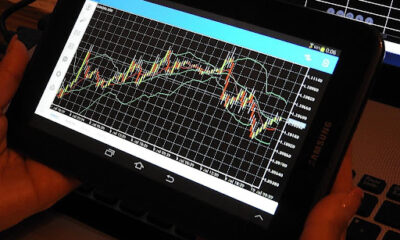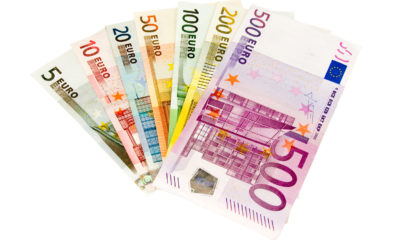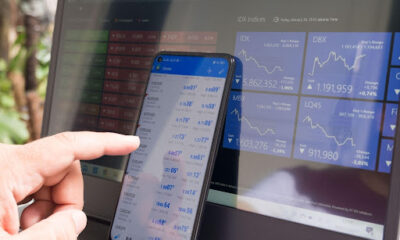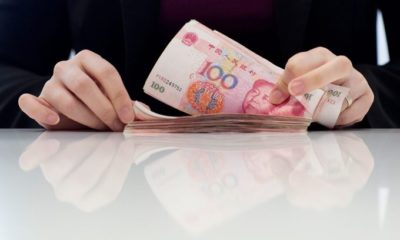The US economy last week led global financial markets with a series of positive economic data that further confirmed the economy is growing. The housing starts rose 4.8 percent to 1.19 million units, while the labor market continued its improvement with a three month low unemployment claims of 253,000.
Whereas in the U.K., Brexit effect has begun to crystallize as consumer spending waned to six-month low. Also, both the services and manufacturing PMI shrank, plunging business activity to over seven years low. The gauge of private sector economy declined to 47.7, below the 50 level that signify contraction from expansion. In short, things are beginning to look rough for the world’s fifth largest economy.
In Europe, manufacturing sector recorded substantial improvement compared to the U.K., although the European Central Bank President Mario Draghi said Brexit is expected to weigh on growth going forward — yet he made no changes to monetary policy, saying stimulus will be expanded if necessary.
The world’s third largest economy, Japan, has ruled out widely speculated ‘helicopter money’ as a solution to its deflation. The interview conducted on June 17 but published on July 21, prompted investors to increase their yen positions against its counterparts on Thursday. But quickly receded after the Bank of Japan governor Haruiko Kuroda reiterated his readiness to ease policy further if required.
We have very powerful policy framework, and I don’t think there’s any significant limitation of further easing of monetary conditions in Japan, if necessary, said Kuroda.
In New Zealand, inflation failed to beat 0.5 percent expected by economists in the second quarter of the year, forcing the Reserve Bank of New Zealand to join the list of central banks considering monetary action to lift inflation. The consumer price index which measures inflation came out 0.4 percent, daunting RBNZ progress so far. This week, GBPUSD, USDCHF, EURUSD, AUDUSD, and USDCAD top the list for me.
GBPUSD
Presently, the UK economic outlook is weak, and with various business gauges falling to levels not seen since the financial crisis, investors will seek safe haven assets in the US or elsewhere.
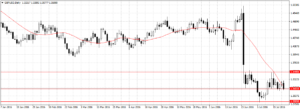
Click to enlarge
The pound has failed to break 1.3490 resistance level after five attempts, and has since been trading largely between 1.3103 and 1.3490 price levels. Currently, the pound is not attractive enough to cause major damage against the US dollar. Hence, a sustained break below 1.3103 support level will confirm the continuation of downward trend started on June 24 to give about 294 pips with 1.2809 as the target.
USDCHF
The US dollar is currently stronger than Swiss Franc, and as such has gained 452 pips since May 3. Breaking 0.9843 key resistance level established above wedge pattern started on January 29 this year.
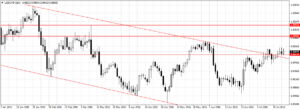
Click to enlarge
I am bullish on USDCHF with 1.0000 (parity) as the first target, a sustained break should open up another 93 pips to 1.0093 resistance level.
Last Week Recap
EURUSD dropped 93 pips last week, but far from our target of 1.0714. This week I remain bearish on this pair provided price remains below 1.1090 resistance level.
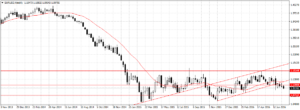
Click to enlarge
Last week, the AUDUSD gave us 117 pips to close at 0.7464 price level, after the Reserve Bank of Australia announced it will keep stimulus expansion options open on Tuesday.
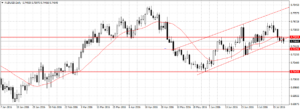
Click to enlarge
This week, I remain bearish on AUDUSD with 0.7379 as the first target, a sustained break should open up 0.7143 as highlighted last week.
Last week, USDCAD hit our target at 1.3142, giving us is 259 pips. This week, USDCAD is perhaps my favourite pair for two reasons, one, U.S. crude supply is at its highest seasonal levels in at least two decades. Two, loonie is crude oil backed currency. This week, I remain bullish on USDCAD with 1.3387 as the target as long as price remain above our last week target of 1.3142.
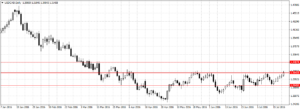
Click to enlarge
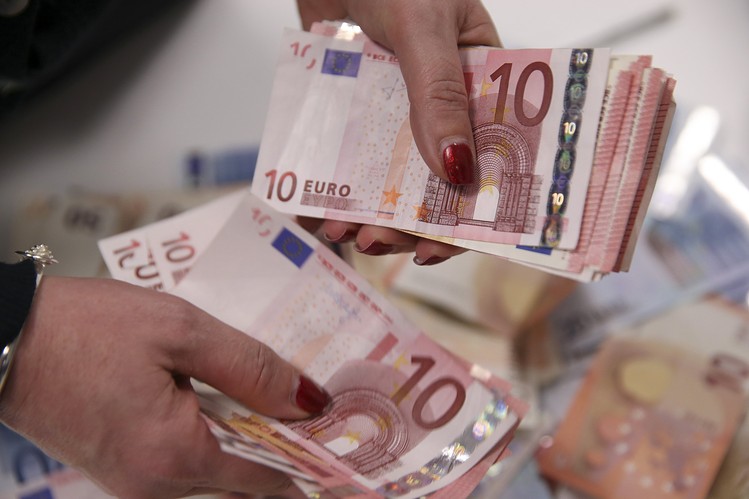

 Forex3 weeks ago
Forex3 weeks ago


 Naira2 weeks ago
Naira2 weeks ago
 Billionaire Watch2 weeks ago
Billionaire Watch2 weeks ago




 Naira2 weeks ago
Naira2 weeks ago




 Naira2 weeks ago
Naira2 weeks ago




 Naira1 week ago
Naira1 week ago




 Naira3 weeks ago
Naira3 weeks ago




 Naira4 weeks ago
Naira4 weeks ago






